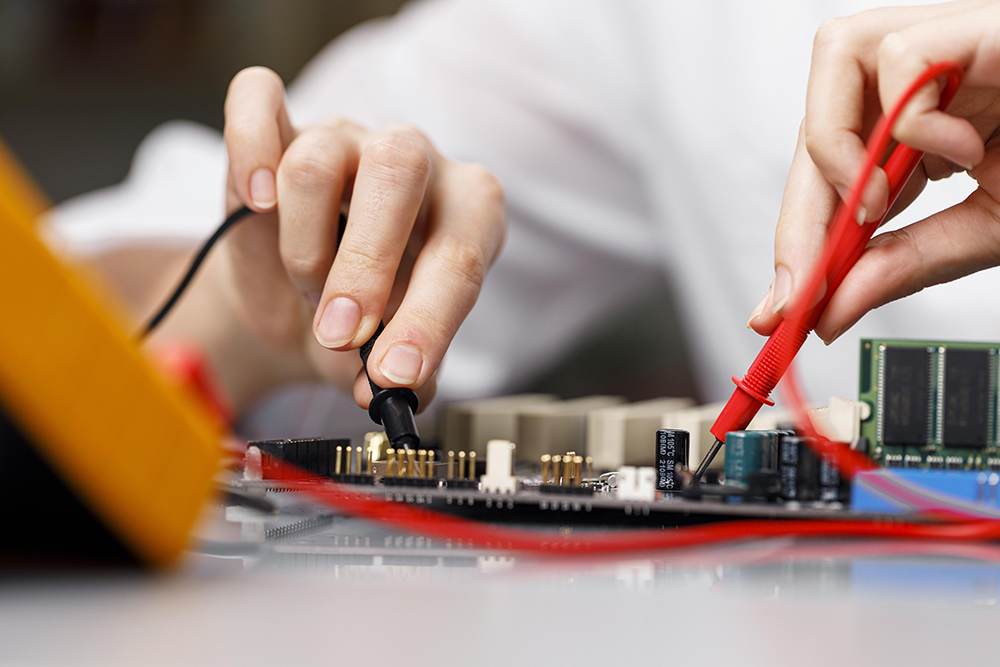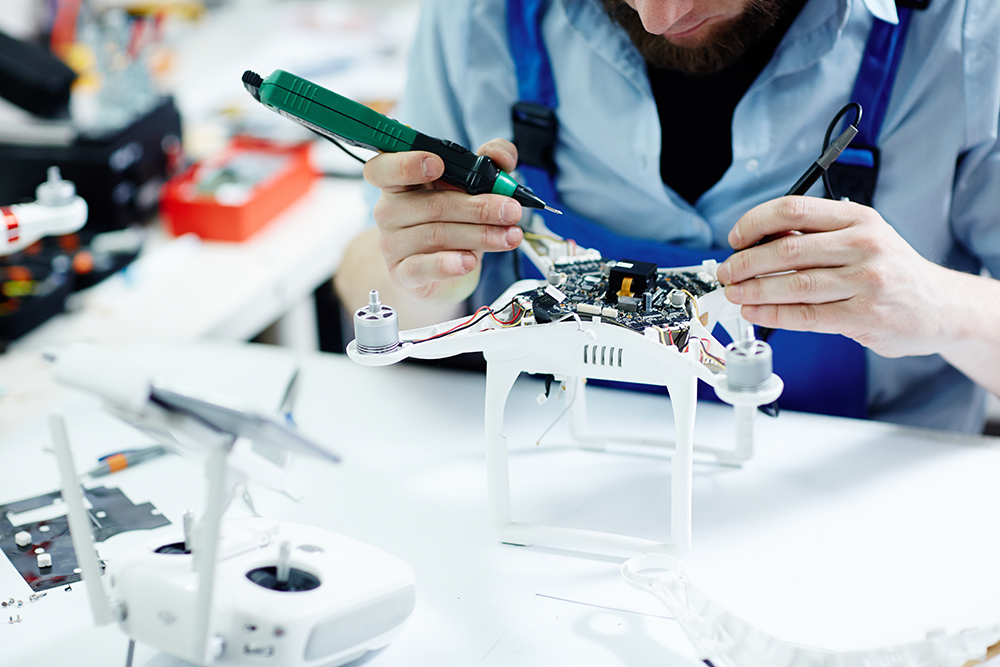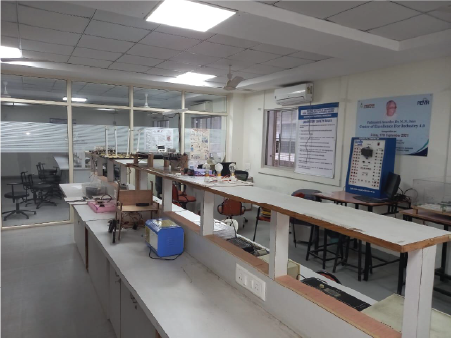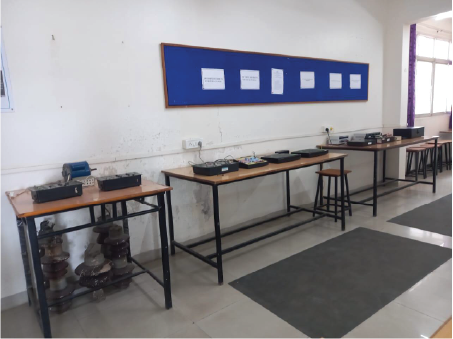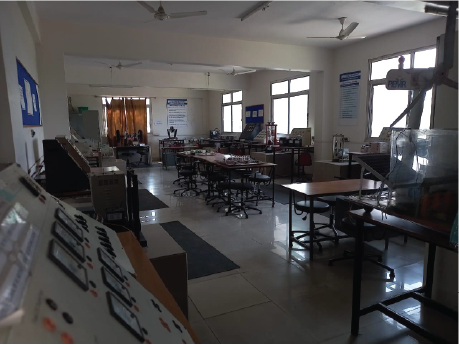- Programs

At the Prestige Institute of Engineering Management and Research (PIEMR), a balanced emphasis is laid on the synthesis, creativity, hands-on experience, innovation, communication, and entrepreneurship. Learning is largely based on real-world situations in different sectors.
Menu - Placement

At the Prestige Institute of Engineering Management and Research (PIEMR), a balanced emphasis is laid on the synthesis, creativity, hands-on experience, innovation, communication, and entrepreneurship. Learning is largely based on real-world situations in different sectors.
Menu - Faculty & research
 One of the tenets that the Prestige Institute of Engineering Management & Research believes strongly is that research is the pinnacle of education and vital in improving the quality of scholarly life.Menu
One of the tenets that the Prestige Institute of Engineering Management & Research believes strongly is that research is the pinnacle of education and vital in improving the quality of scholarly life.Menu - Life @ PIEMR
- Admissions

At the Prestige Institute of Engineering Management and Research (PIEMR), a balanced emphasis is laid on the synthesis, creativity, hands-on experience, innovation, communication, and entrepreneurship. Learning is largely based on real-world situations in different sectors.
Menu
- Programs

At the Prestige Institute of Engineering Management and Research (PIEMR), a balanced emphasis is laid on the synthesis, creativity, hands-on experience, innovation, communication, and entrepreneurship. Learning is largely based on real-world situations in different sectors.
Menu - Placement

At the Prestige Institute of Engineering Management and Research (PIEMR), a balanced emphasis is laid on the synthesis, creativity, hands-on experience, innovation, communication, and entrepreneurship. Learning is largely based on real-world situations in different sectors.
Menu - Faculty & research
 One of the tenets that the Prestige Institute of Engineering Management & Research believes strongly is that research is the pinnacle of education and vital in improving the quality of scholarly life.Menu
One of the tenets that the Prestige Institute of Engineering Management & Research believes strongly is that research is the pinnacle of education and vital in improving the quality of scholarly life.Menu - Life @ PIEMR
- Admissions

At the Prestige Institute of Engineering Management and Research (PIEMR), a balanced emphasis is laid on the synthesis, creativity, hands-on experience, innovation, communication, and entrepreneurship. Learning is largely based on real-world situations in different sectors.
Menu
- Programs

At the Prestige Institute of Engineering Management and Research (PIEMR), a balanced emphasis is laid on the synthesis, creativity, hands-on experience, innovation, communication, and entrepreneurship. Learning is largely based on real-world situations in different sectors.
Menu - Placement

At the Prestige Institute of Engineering Management and Research (PIEMR), a balanced emphasis is laid on the synthesis, creativity, hands-on experience, innovation, communication, and entrepreneurship. Learning is largely based on real-world situations in different sectors.
Menu - Faculty & research
 One of the tenets that the Prestige Institute of Engineering Management & Research believes strongly is that research is the pinnacle of education and vital in improving the quality of scholarly life.Menu
One of the tenets that the Prestige Institute of Engineering Management & Research believes strongly is that research is the pinnacle of education and vital in improving the quality of scholarly life.Menu - Life @ PIEMR
- Admissions

At the Prestige Institute of Engineering Management and Research (PIEMR), a balanced emphasis is laid on the synthesis, creativity, hands-on experience, innovation, communication, and entrepreneurship. Learning is largely based on real-world situations in different sectors.
Menu






